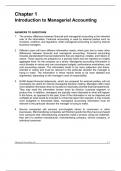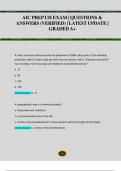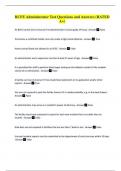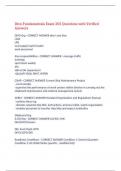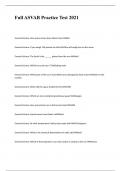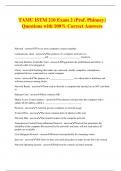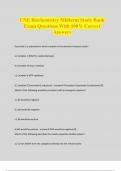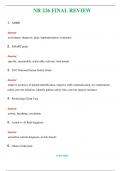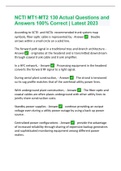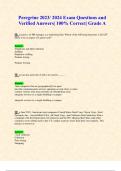Exam (elaborations)
Solutions for Managerial Accounting, 5th Edition by Stacey Whitecotton
- Course
- Institution
Complete Solutions Manual for Managerial Accounting, 5th Edition 5e by Stacey Whitecotton, Robert Libby and Fred Phillips. ISBN-13: 0859 Full Chapters Solutions are included. CHAPTER 1: Introduction to Managerial Accounting CHAPTER 2: Job Order Costing CHAPTER 3: Process Costing CHAPTER 4:...
[Show more]
